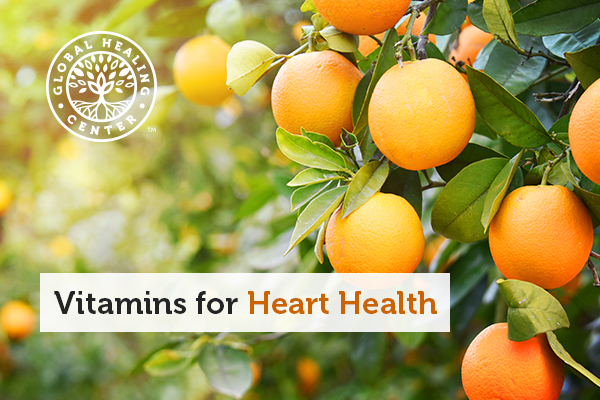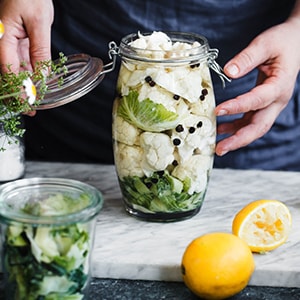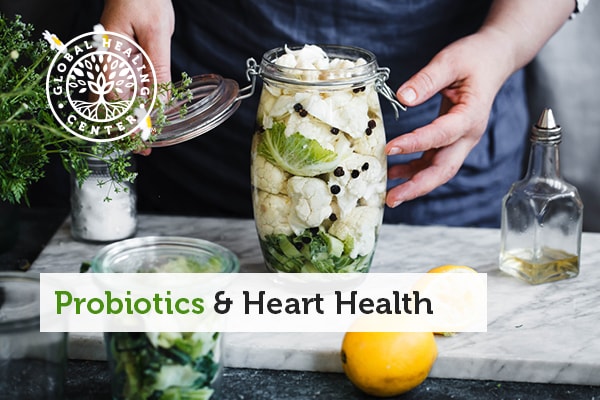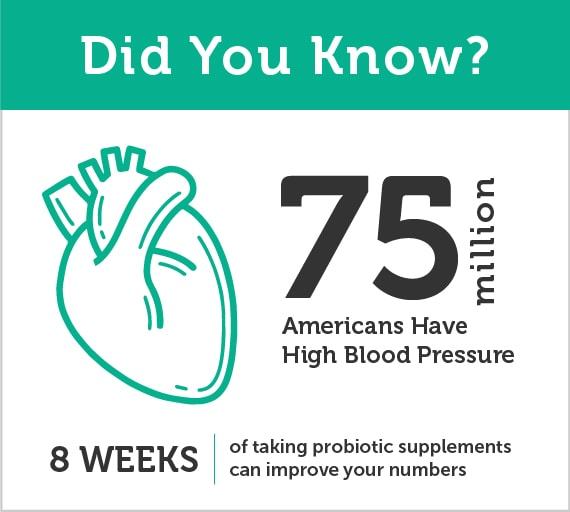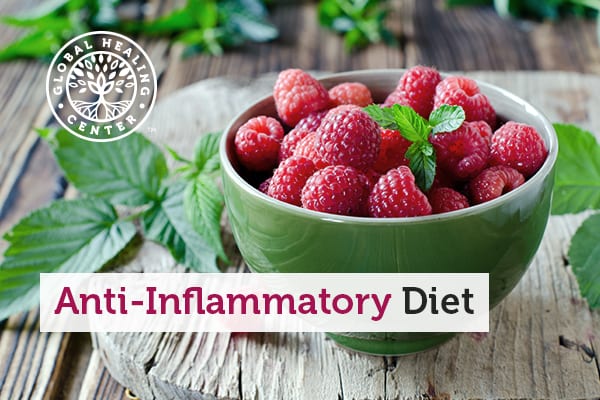

Nicknamed "liquid gold," argan oil is renowned for its exemplary therapeutic and cosmetic properties. The oil comes from Morocco, but people around the world have traded it for its health benefits as early as the 6th century.[1]
Argan oil can bring a lovely glow to your skin and hair, but it also may offer benefits inside your body — like your heart, liver, and blood, to name a few.
From balancing blood sugar and cholesterol to covering up the appearance of scars and acne, the range of benefits attributed to argan oil is as impressive as it is broad.
What Is Argan Oil?
Argan oil comes from the tender kernels inside the fruit of the slow-growing argan tree (Argania spinosa). When argan oil began its boom in popularity, all-female collectives in southwest Morocco began making the oil.
The women gather together, harvest the fruits, smash the hard shells on stones, pick out the tender kernels inside, and press the fruit kernels to retrieve the oil. Finally, the argan oil is sold as is or turned into creams and other products.
Planting and tending argan trees also has environmental benefits: it helps reduce both climate change and desertification — a process where land becomes an unusable desert. The main argan forest in southwest Morocco is now an official biosphere reserve.
Unfortunately, the boom in argan oil's popularity has led to aggressive harvesting techniques that injure the sensitive trees. Many larger companies have also eliminated the cooperatives, which play an important role in empowering women in a patriarchal society.
If you want to support a sustainably harvested, female-empowering product, look for Fair Trade Argan oil, especially one that is stamped with the UCFA (Union des Coopératives des Femmes de l'Arganeraie) seal to ensure women are receiving a fair price for their knowledge and work.
Top 6 Benefits of Using Argan Oil
Argan oil is not just for beauty. Modern scientific research has uncovered many of argan oil's other promising benefits. Argan's natural oils may soothe inflammation, nourish skin and body, speed up wound healing, and provide a barrier against harmful organisms.
In Northern Africa, it's popular to drizzle roasted argan oil over bread and use it in cooking. Rich in vitamins A and E, fatty acids, and antioxidants, this amazing oil has benefits when taken internally or used topically. Dietary argan oil may be at least partially responsible for the fact that people who follow a traditional Mediterranean diet tend to have less heart disease; Morocco lies along the Mediterranean Sea.
Below are the top health benefits that argan oil offers.
1. Improves the Appearance of Acne & Scars
Did you know that it's argan oil's omega-6 and omega-9 content that reduces redness, swelling, and helps acne-prone skin?
People with acne may feel like putting oil on their skin could make it worse. The truth is, oils vary substantially from one another — and some, including argan oil, help reduce the appearance of acne.
You know that olive oil differs from motor oil, of course, but even plant-derived oils have many differences. For example, olive and coconut oil are moisturizing, while grapeseed and castor oils can decrease oiliness on the face. Argan oil falls right in between, providing moisture and protecting the skin with a barrier that deters the harmful organisms that contribute to acne breakouts.
Argan oil's high omega-6 and omega-9 content also help reduce redness and swelling. Those with acne-prone skin are usually deficient in linoleic acid, an omega-6 essential fatty acid, which argan oil contains.
Fatty acids may speed up the healing of acne-related scarring and minimize signs of premature aging, such as crow's feet and age spots. Argan oil's comedogenic index of zero means it will never clog the skin's pores or cause breakouts.[2]
2. Promotes Elasticity & Skin Hydration
Argan oil's high levels of vitamins A and E and its fatty acids deeply nourish skin.[1] Applying argan oil improves your skin's ability to retain water — also known as hydration — which helps with elasticity. Both hydration and elasticity make your skin look more youthful and healthy.
Argan oil can provide a barrier between your skin and dirt, germs, and toxins.
Argan oil may also boost your skin cells' ability to regenerate.[3] Applied topically, it can even reduce the greasy appearance of oily skin.
Researchers also discovered that skin exposed to argan oil experienced changes at a cellular level, allowing it to act as a barrier to dirt, germs, and free radicals.[4]
3. Boosts Heart Health
Some people use argan oil for its additional health benefits — notably for the heart. Studies show that consuming food-grade argan oil works just as well as extra virgin olive oil at promoting good cholesterol (HDL) levels, normalizing bad cholesterol (LDL), and balancing triglyceride levels in the blood.[5, 6]
Argan oil consumption also boosted antioxidant levels circulating in people's bloodstream — which makes sense since the oil contains high levels.[5] Antioxidants fight against free radical damage in your cells, minimizing oxidative stress. This liquid gold also promotes normal blood pressure.
Cholesterol is a major predictor of heart disease, as are high blood pressure and triglycerides. Promoting normal levels of these indicators helps keep your heart healthy.
4. Supports Liver Health
Consuming argan oil supports liver health and may even protect against invasion by harmful organisms and toxins.
Research shows that argan oil helps liver genes stay active, which allows damaged livers to recover.
One study looked into how argan oil helped laboratory mice with damaged livers recover more quickly. The oil worked at the cellular and genetic level, influencing which genes "express" or turn on. Specifically, it helped liver genes stay active, thus promoting better liver health.[7]
Argan oil also helps normalize insulin resistance, which plays a role in non-alcoholic fatty liver disease.[8]
5. Promotes Normal Insulin & Blood Sugar Levels
Insulin resistance is a condition where your cells do not absorb the hormone insulin well. Insulin helps regulate your blood sugar levels, so if your cells become insulin-resistance, blood sugar rises, causing all sorts of metabolism problems.
Studies suggest that taking argan oil internally not only helped both healthy and diabetic laboratory animals maintain normal blood sugar levels, but it also helped balance insulin resistance.[8, 9]
These properties are likely why the local people in Morocco prize the oil, according to the researchers.[10]
6. Protects Against Cell Proliferation
Thanks to its high antioxidant levels, argan oil helps protect skin from free radicals and UV radiation.
Argan oil contains high levels of tocopherols, a form of vitamin E, as well as oleic acid, an omega-9 fatty acid. Taken internally, it helps the body at a cellular level, even decreasing the risk of excess cell proliferation that can lead to serious diseases.[11, 12]
In various studies, argan oil has helped with skin, colon, bladder, and prostate conditions.[12]
Popular Argan Oil Uses
When applied topically, argan oil has important cosmetic benefits for the skin and hair. It is a sought-after natural remedy with healing, anti-aging, and antibacterial properties.
Natural Skin Care
Below are some of the benefits your skin will reap from this powerhouse oil, as well as some simple ways to use it.
Improve the Appearance of Stretch Marks
Thanks to its high vitamin A and E content, argan oil keeps your skin well-hydrated and improves its strength and elasticity, which in turn helps reduce the appearance of stretch marks.
How to Use: After showering and exfoliating your skin, gently rub a few drops onto areas like the hips, thighs, and stomach — the areas most prone to developing stretch marks. Massage the oil into your skin twice a day, including once before bedtime.
Moisturize & Improve Skin Elasticity
Whether you have oily, combination, or dry skin, you can use pure argan oil as an all-over face and body moisturizer. You can even apply 100 percent pure argan oil directly on your face, lips, and around your eyes. For best results, massage it onto your body right after showering or bathing, paying special attention to any dry patches.
How to Use: Add a few drops of argan oil to a carrier oil, like organic olive, coconut, or other seed oil — this helps a little go a long way. You can also soothe razor bumps and ingrown hairs after shaving by applying the oil directly over the affected area.
Reduce the Appearance of Acne
Argan oil is non-greasy and won't clog pores, so it's a great natural way to add moisture and provide balance to inflamed, acne-affected skin.
How to Use: Cleanse your skin and pat it dry. Put a few drops of pure oil into your palm and, using your fingers, lightly dab it directly onto problem areas. Repeat twice daily.
Protect & Soften Hair
This nourishing, non-greasy oil increases the shine and overall healthy appearance of hair while repairing split ends and smoothing flyaways.
By coating the hair shaft, argan oil reduces drying and damage and makes hair less prone to breakage. Argan oil can also help to seal in hair dyes, increasing the length of time needed between colorings. It may even promote faster hair growth.[10]
How to Use: Add five drops into your normal shampoo or conditioner, massage it into your hair, and rinse it out with warm water. For a deep conditioning boost, coat your hair with 10 drops from root to tip and leave it on overnight with a shower cap over it. This will allow deep penetration into your hair and alleviate frizziness or dryness. In the morning, rinse it out with warm water and style as usual.
Moisturize Nail Cuticles
Ward off painful hangnails and other issues associated with poor nail health by applying a few drops of argan oil on your fingernails and toenails. Its antibacterial and anti-inflammatory qualities make it an excellent moisturizer and conditioner for both the nail bed and cuticles.
How to Use: To do a cuticle treatment, first, remove all nail polish and rinse your hands and feet thoroughly. Rub a drop of the oil onto each one of your nails and massage it into the cuticles in a circular motion. Leave it on to absorb.
Relieves Tired Feet
Argan oil can soothe dry, cracked skin on your feet and heels. This hydrating moisturizer is full of antioxidants that can prevent further dryness, soften calluses, and make rough feet soft and smooth again.
How to Use: Slather your feet with as many drops as needed to fully cover the area, and put on a pair of socks for at least 30 minutes (but preferably overnight). After removing the socks, use a warm washcloth to remove any excess oil from your soles.
Precautions & Side Effects
Ensure the argan oil you use is not only fresh but also certified organic. This will ensure you avoid chemicals in your beauty products, such as pesticides. Its odor should smell light, fresh, and nutty. Store it in a dark bottle because exposure to light will cause it to oxidize, or decay.
Fairtrade-certified argan oil ensures that the product you purchase goes to help support women artisans in Morocco in an environmentally sustainable and female-empowering manner.[13] Be aware that poor quality argan oil may contain harmful solvents from chemical extraction techniques. Most beauty products that are not 100 percent pure argan oil use this solvent-extraction method, so buyer beware.
For topical application, look for cold-pressed, responsibly-sourced, additive-free argan oil. If you take argan oil internally, only use food-grade oils. People have used argan as food and applied it to the skin for centuries in Morocco, and according to experts, there are few side effects.
Rarely, people experience sensitivity from skin application; if you break out in a rash, discontinue use. Some people also experience an upset stomach, nausea, or diarrhea. When taking an argan oil oral supplement, some people experience confusion, excitement, agitation, or difficulty sleeping. If you experience any of these reactions, see your healthcare provider right away.
Points to Remember
Dubbed "liquid gold," argan oil is one of the most prized beauty and health potions in the world. Moroccans have used it for centuries as a topical therapy to beautify and improve the appearance of skin, acne, hair loss, psoriasis, and eczema.
Argan oil is the secret to healthy, moisturized hair, and you'll find it in many popular skin and hair products. Make sure to be aware that most beauty products use solvent extraction. If you want the benefits of this product without chemicals, buy 100 percent pure argan oil and add it to your shampoo or directly to your skin.
When taken internally, argan oil may help balance cholesterol, triglycerides, and blood sugar. It has valuable antioxidant and anti-inflammatory properties. For best results, make sure to purchase only argan oil that is cold-pressed, additive-free, and organic.
To make sure you purchase responsibly harvested argan that supports female collectives, rather than aggressive harvesting techniques, look for fair-trade-certified products.
The post Argan Oil: Health Benefits for Your Skin, Heart, & Beyond appeared first on Dr. Group's Healthy Living Articles.
source https://www.globalhealingcenter.com/natural-health/argan-oil-benefits/

